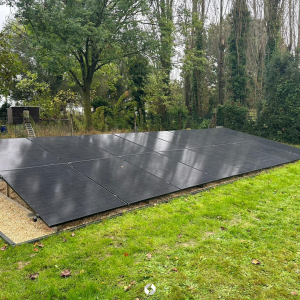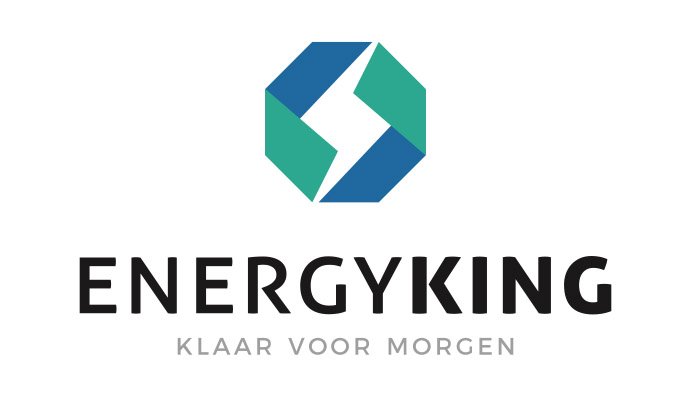In the rapidly evolving world of renewable energy, solar panels are a prominent player. Not only do they offer an environmentally friendly source of energy, but also an opportunity for savings on energy bills. However, amid these benefits, there are still some persistent myths about solar panels floating around. Let's debunk some of these facts and fables.
Myth 1: Solar panels are only efficient on sunny days.
This is wrong. Solar panels work most efficiently on sunny days, but they also generate power on cloudy days. Modern solar panels can convert even diffused light into electricity, meaning they still produce energy even when the sun is not shining brightly.
Myth 2: Solar panels are too expensive to be profitable.
This is wrong. Although the initial cost of solar panels may seem high, there are numerous financial incentives and subsidies available. In addition, the price of solar panels has dropped significantly in recent years, making the return on investment more attractive.
Myth 3: Solar panels require too much maintenance.
This is wrong. Solar panels require minimal maintenance. Periodic cleaning and an annual inspection are often sufficient to maintain optimal performance. Modern panels are durable and can last for decades without significant problems.
Myth 4: Solar panels are only suitable for sunny climates.
This is wrong. Solar panels are effective in a variety of climates, not just sunny regions. They can produce energy in diffuse light and function well in temperate and even colder climates. Germany, for example, is a world leader in solar energy, despite often cloudy weather.
Myth 5: Solar panels are not environmentally friendly to produce.
This is wrong. Although the production of solar panels is energy-intensive, the energy costs over the lifetime of the panels are more than offset by the clean energy they produce. Modern production methods have also become increasingly energy efficient.
Myth 6: Solar panels have a negative impact on the roof.
Wrong: Solar panels are attached using mounting systems that protect the roof. They actually act as an additional protective layer against weathering, and many manufacturers offer warranties on the integrity of the roof.
Myth 7: Solar panels are only useful for generating electricity.
This is wrong. In addition to electricity production, solar panels can also be used to heat water in solar water heating systems. These systems harness solar energy to heat water for domestic use.
Conclusion
In conclusion, the "Solar Mythbusters" reveal that many doubts surrounding solar panels are based on misinformation. They are not only efficient energy producers, but also sustainable, cost-effective and usable in a variety of climates. By dispelling these myths, we hope that more people will consider switching to this green and renewable energy source. Investing in solar panels is not only good for the environment, but also good for your wallet in the long run. 🌞🌍 #SolarEnergy #SustainableLife #MythBustersSolar





